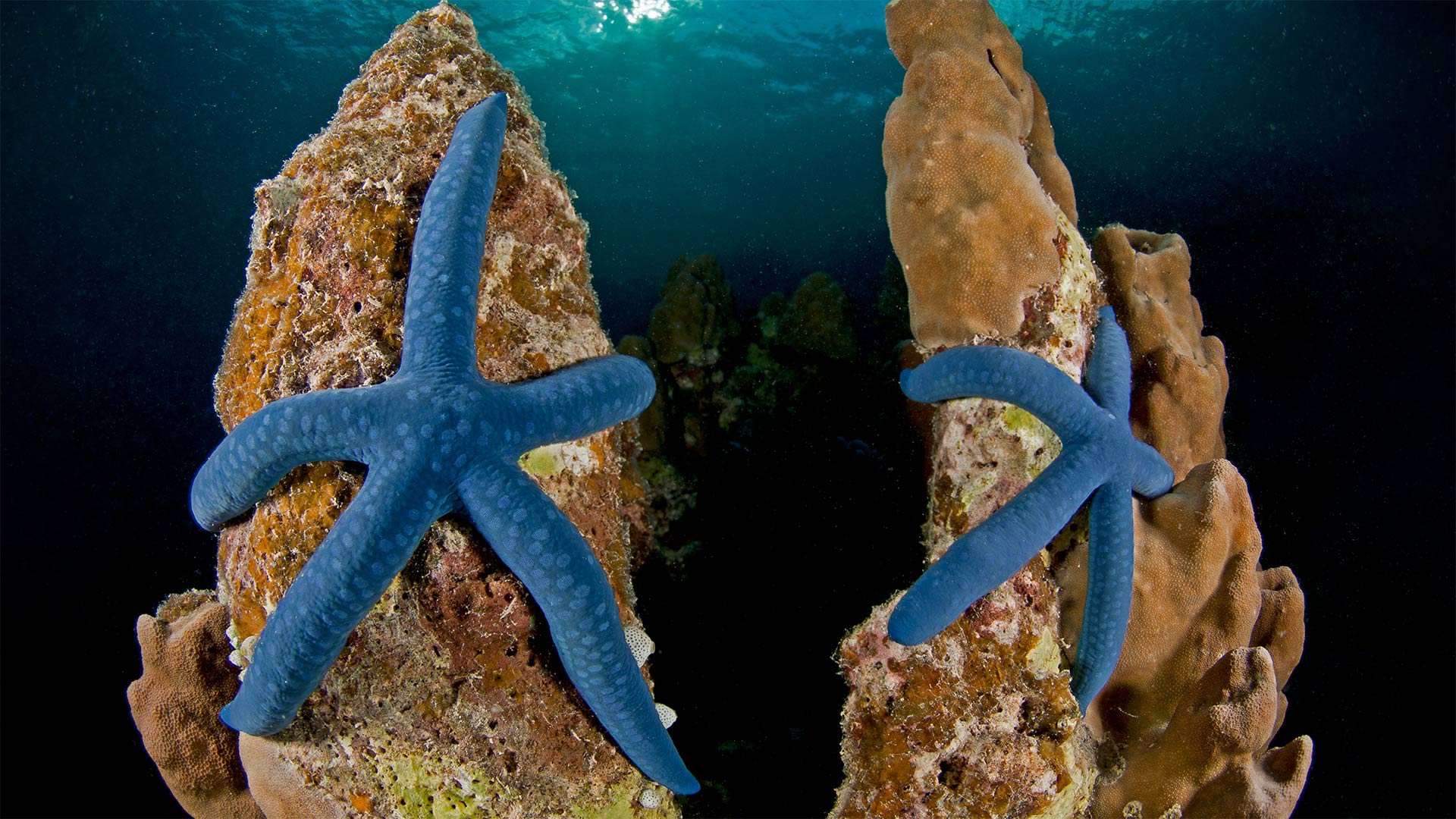Controversial Incinerator Project Sparks Outcry in Honduras
In recent months, a controversial incinerator project has sparked outrage and raised concerns among citizens in Honduras. The proposed project, which aims to build a waste-to-energy incinerator in the city of Tegucigalpa, has stirred up a heated debate about the potential environmental and health impacts of such a facility.
The incinerator project, led by a private waste management company, has faced strong opposition from environmental activists, community groups, and concerned citizens. They argue that the incinerator would release harmful pollutants into the air and pose serious health risks to the local population. Additionally, there are concerns about the potential negative impact on the environment, as well as the lack of transparency and public input in the decision-making process.
The controversy surrounding the incinerator project has led to protests and public demonstrations, with citizens calling for more sustainable and environmentally friendly waste management solutions. The government has also come under scrutiny for its support of the project, with many questioning the lack of an adequate environmental impact assessment and public consultation.
Despite the opposition, the private company behind the incinerator project argues that it will provide a much-needed solution to the city’s growing waste management problem. They claim that the facility will help reduce the amount of waste sent to landfills, generate renewable energy, and create new job opportunities for the local community.
The incinerator project in Honduras has brought to light the complexities and controversies surrounding waste management and environmental sustainability in developing countries. It has also raised important questions about the balance between economic development and environmental protection, as well as the need for greater public participation in decision-making processes.
FAQs
1. What is the proposed incinerator project in Honduras?
The proposed incinerator project aims to build a waste-to-energy facility in the city of Tegucigalpa, Honduras. The facility would incinerate municipal solid waste to generate electricity, with the goal of reducing the amount of waste sent to landfills and providing renewable energy for the local community.
2. Why is the incinerator project controversial?
The incinerator project has sparked controversy due to concerns about potential health and environmental impacts. Many citizens and environmental activists are worried about the release of harmful pollutants into the air, as well as the lack of transparency and public input in the decision-making process.
3. What are the arguments in support of the incinerator project?
The private waste management company behind the incinerator project argues that it will provide a necessary solution to the city’s waste management problem. They claim that the facility will reduce the amount of waste sent to landfills, generate renewable energy, and create new job opportunities for the local community.
4. What are the main concerns about the incinerator project?
The main concerns about the incinerator project revolve around potential health and environmental impacts. There are worries about the release of harmful pollutants into the air, as well as the lack of transparency and public input in the decision-making process.
5. What is the response of the government to the controversy?
The government has come under scrutiny for its support of the incinerator project. Many citizens and environmental activists have criticized the lack of an adequate environmental impact assessment and public consultation. The government is under pressure to address these concerns and ensure that the project is in line with environmental and public health regulations.
In conclusion, the controversial incinerator project in Honduras has ignited a passionate debate about environmental sustainability, public participation in decision-making, and the balance between economic development and environmental protection. The project has raised important questions about the potential health and environmental impacts of waste-to-energy facilities, as well as the need for more sustainable and environmentally friendly waste management solutions. As the controversy continues to unfold, it is clear that the incinerator project in Honduras has become a focal point for the larger global discussion around waste management and environmental stewardship.
Controversial Incinerator Project Sparks Outcry in Honduras




